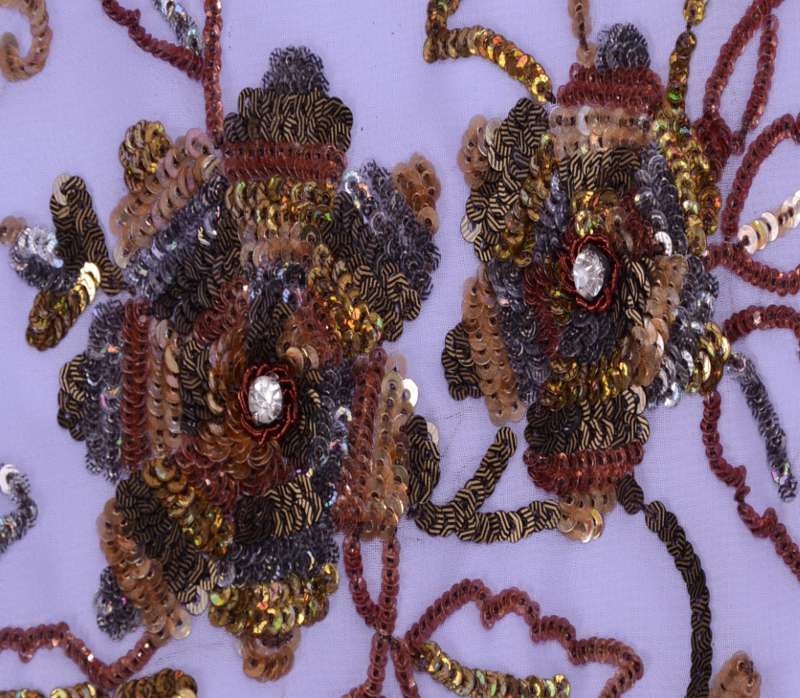===
0185,
4
===

=== |
 |
nā-kām : 'Disappointed; unsuccessful; discontented; —useless; hopeless; remediless'. (Platts p.1111)
FWP:
SETS == LISTS; MUSHAIRAH
MOTIFS == LIVER
NAMES
TERMS == PROOFThe first line contains nothing but a list of three nouns, leaving us to wait and hope for further information when we finally (under mushairah performance conditions) are allowed to hear the second line.
The wordplay (and meaning-play) on the greatly multivalent kām , as SRF observes, is excellent and very much in the main line of ghazal imagery. The nā-kām person has many kinds of kām -- and they're directly generated by being nā-kām . It's almost like a perpetual motion machine.
All this wordplay is incorporated into the structure of a 'mushairah verse', for the first line is just a 'list' with no grammar, and in oral performance even after the obligatory pause between lines, and even halfway through the second line we don't know where we're going. Not until the explosive punch-word kām appears can we suddenly interpret and relish the whole verse.
Note for translation fans: SRF points to the idiomatic energy of hūñ to nā-kām . It's untranslatable, but I've used 'no doubt I'm...' to suggest the concessive but impatient, undaunted feeling.